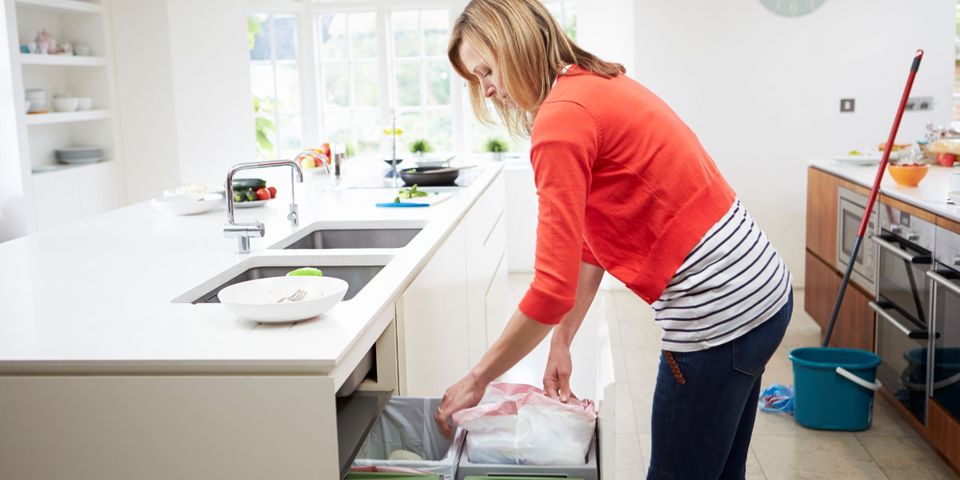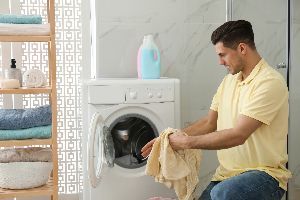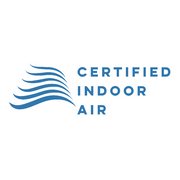5 Places to Check for Mold in Your Home

If you discover mold in your home, you may be concerned about the potential health implications for your family. Fortunately, a professional mold assessment can pinpoint the problem areas and determine the best solutions for restoring your home's condition. Knowing where to look can help you detect growth before it becomes more widespread on your property. Here are the most common places to find mold in your home.
Where Can Mold Grow In Your House?
1. Bathroom
The wet and confined conditions in a bathroom are ideal for mold. Growth isn't limited to the obvious areas around the sink, toilet, and bathtub or shower, either. Don't forget to check smaller items, like hanging towels and bathmats, which should be replaced if mold is spotted.
2. Laundry Room

Washing machines are full of wet nooks and crannies that can hide mold. It is also common for these appliances to leak, especially if you have a front-load design. Check under the machine for standing water and look for a tight seal around the door. If you discover any sign that your washer has been leaking onto the floor, you should get a mold assessment to ensure there are no spores nearby.
3. Kitchen
Your kitchen combines water exposure with food, which means even more mold potential. In addition to more obvious areas like the sink, keep an eye on hidden spots exposed to moisture, like the drip tray under the refrigerator and the water or ice dispenser. Also, check for mold inside appliances like microwaves, ovens, and toasters, so that you can deal with any growth as soon as possible to prevent it from getting on your food.
4. Attic
This area likely contains much of your home's ventilation systems. As such, it's particularly important to check for mold in the attic so that you can take proactive measures to counteract the growth before it spreads to other rooms. The ceiling, insulation, vents, and any appliances are common areas for spores to accumulate in the attic.
5. Basement
If there's a musty odor coming from this area of your home, mold is the likely culprit. This dark and moist room provides the ideal environment for growth. Basements often contain many exposed pipes that can either leak or create condensation. If your home's foundation cracks, water can seep through and cause mold to grow on the floor.
If you discover mold in your home, you can count on the inspectors at Certified Indoor Air in Raleigh, NC, to conduct thorough testing for mold, bacteria, and other harmful contaminants. Their mold assessment report will help the remediation specialists rid your rooms of mold completely. They'll also conduct more testing after the removal is done to ensure the remediation company did the job correctly. Visit their website to learn more about how they can help, or call (919) 749-4708 to schedule an in-home mold assessment.
About the Business
Have a question? Ask the experts!
Send your question

